News
-
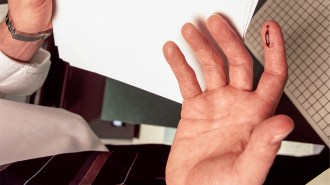 Physics
PhysicsPaper cut physics pinpoints the most hazardous types of paper
Dot matrix printer paper is the most treacherous, physicists report. Magazine paper comes in second.
-
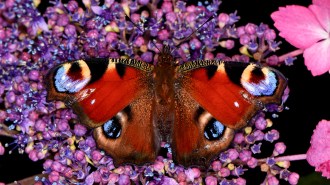 Animals
AnimalsStatic electricity may help butterflies and moths gather pollen on the fly
Electrostatically charged lepidopterans could draw pollen out of flowers without touching the blooms, computer simulations suggest.
By Anna Gibbs -
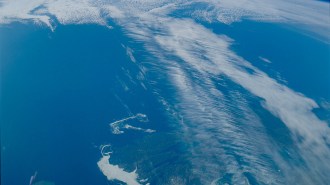 Climate
ClimateEarth’s jet stream helps create the seeds of clouds
The newly discovered process for making aerosols might also be the most productive.
-
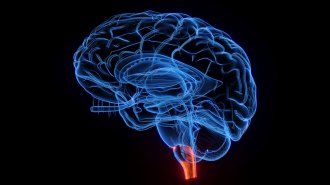 Health & Medicine
Health & MedicineStopping cachexia at its source could reverse wasting from cancer
The immune protein interleukin-6 helps regulate body weight. Blocking it in the brain could restore appetite and muscle mass, a study in mice hints.
-
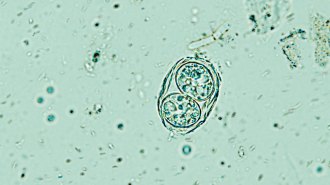 Health & Medicine
Health & MedicineGetting drugs into the brain is hard. Maybe a parasite can do the job
Researchers want to harness the parasite that causes toxoplasmosis to ferry drugs, but some question if the risks can be eliminated.
-
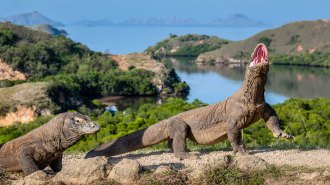 Animals
AnimalsKomodo dragon teeth get their strength from an iron coat
Studying the reptile’s ironclad teeth in more detail could help solve a dinosaur dental mystery.
-
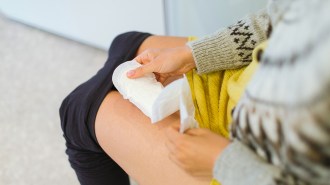 Health & Medicine
Health & MedicineA new algae-based menstrual pad could stop leaks
By turning period blood into a gel, the pad’s alginate powder filler reduces leakage.
By Claire Yuan -
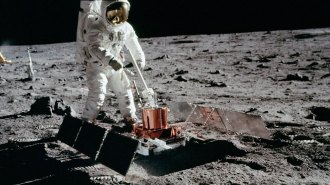 Space
SpaceMoonquakes are much more common than thought, Apollo data suggest
The discovery of 22,000 previously unseen moonquakes, plus a new idea of what causes them, could help us better prepare for trips there.
-
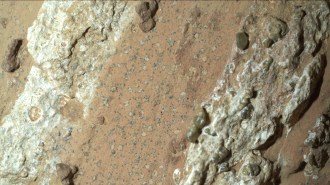 Planetary Science
Planetary ScienceNASA’s Perseverance rover finds its first possible hint of ancient life on Mars
The NASA Mars rover examined a rock containing organic compounds and “leopard spots” that, on Earth, are associated with microbial life.
-
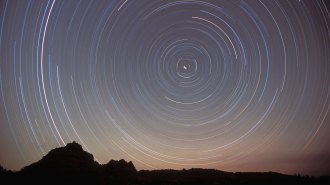 Astronomy
AstronomyThe North Star is much heavier than previously thought
Polaris is about five times as massive as the sun, new observations reveal. That’s around 50 percent heavier than what an earlier study found.
By Ken Croswell -
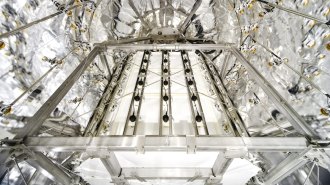 Particle Physics
Particle PhysicsDark matter experiments get a first peek at the ‘neutrino fog’
The hint of fog marks a new way to observe neutrinos, but points to the beginning of the end for this type of dark matter detection.
-
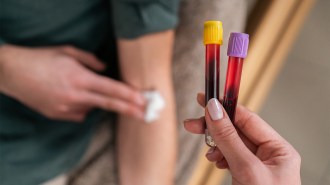 Health & Medicine
Health & MedicineSepsis tests take days, putting patients at risk. A new method may cut wait time
A faster way to figure out what bacteria is causing a potentially deadly bloodstream infection could let doctors treat it more quickly and efficiently.
By Claire Yuan